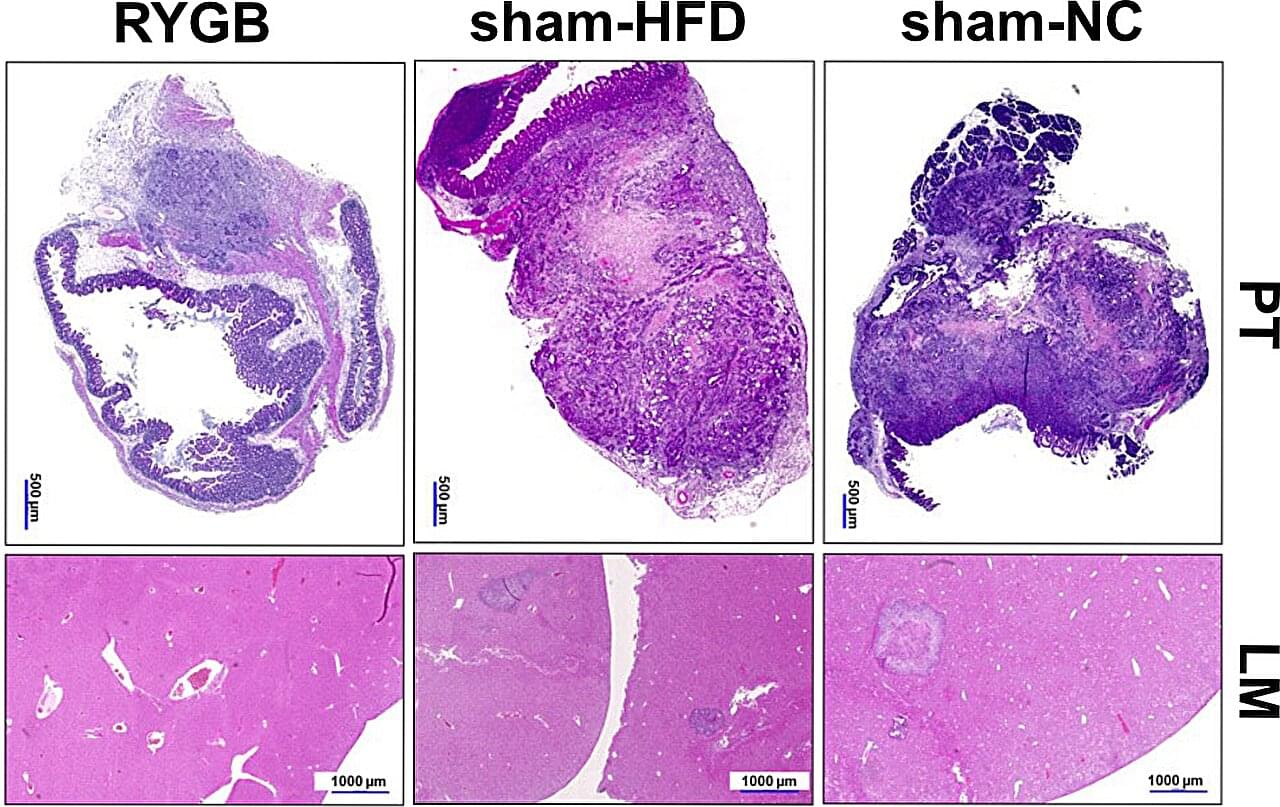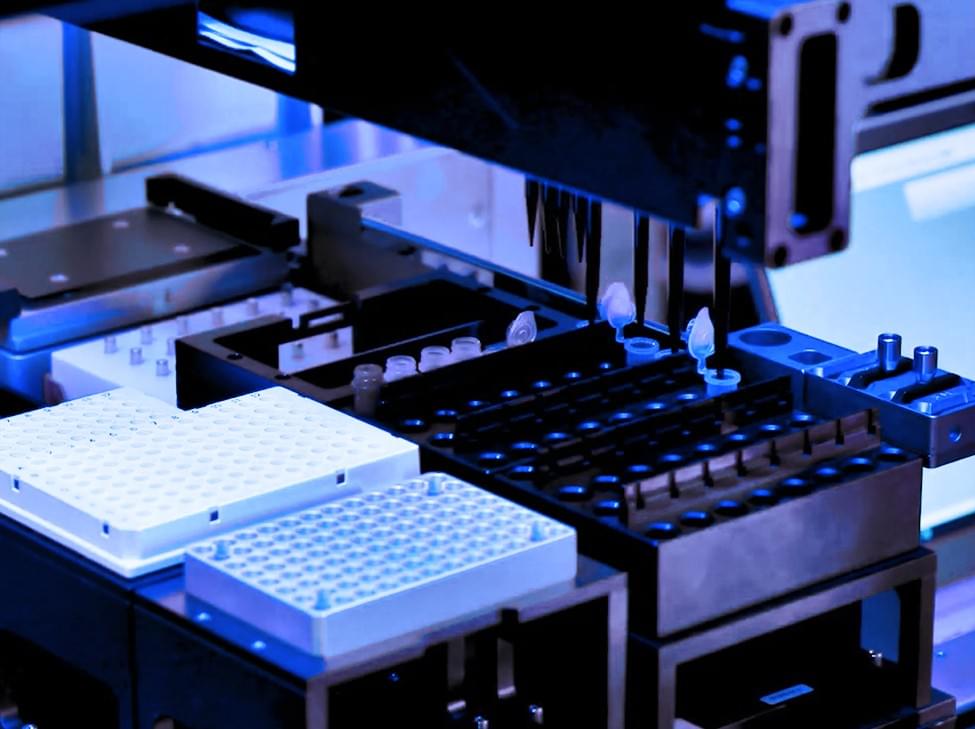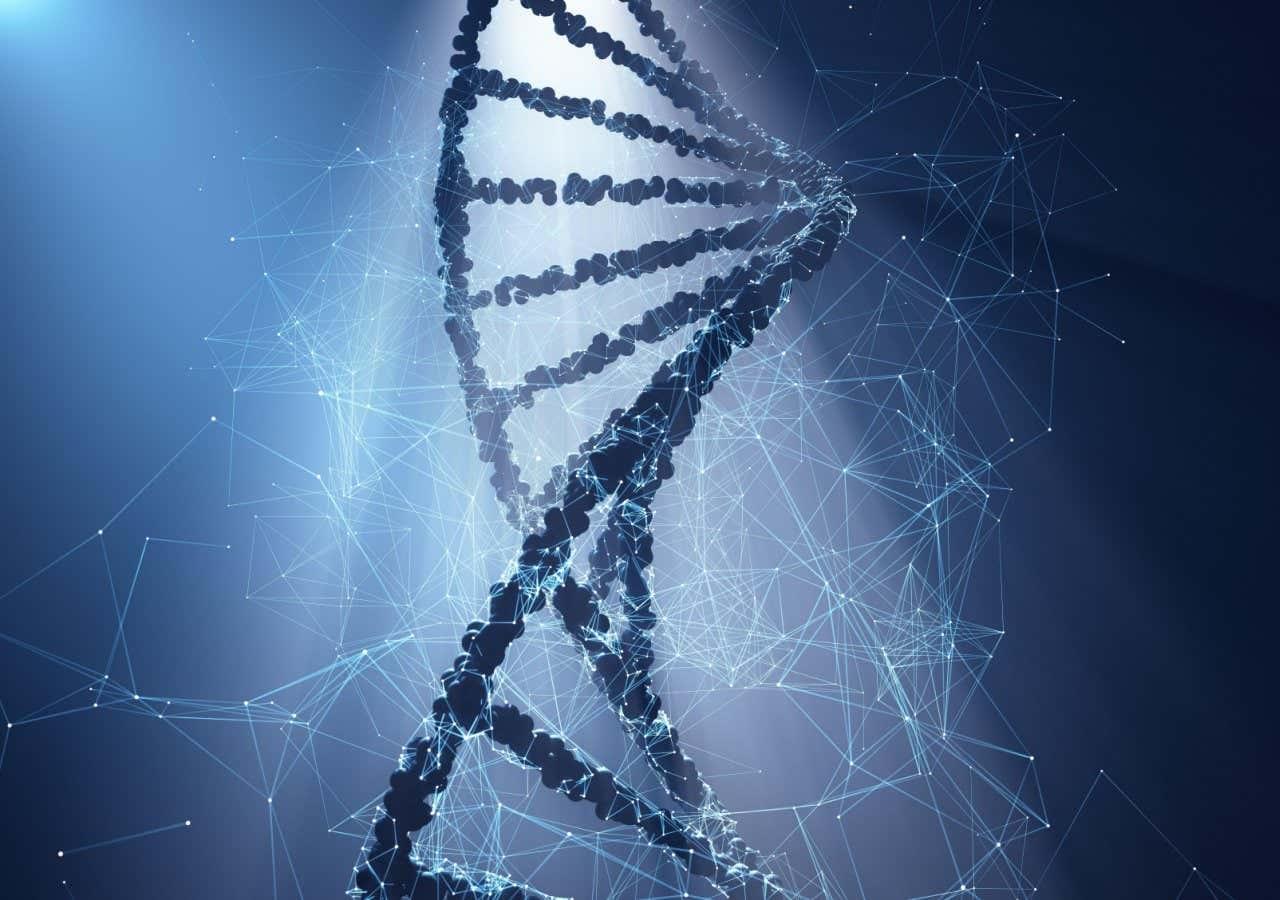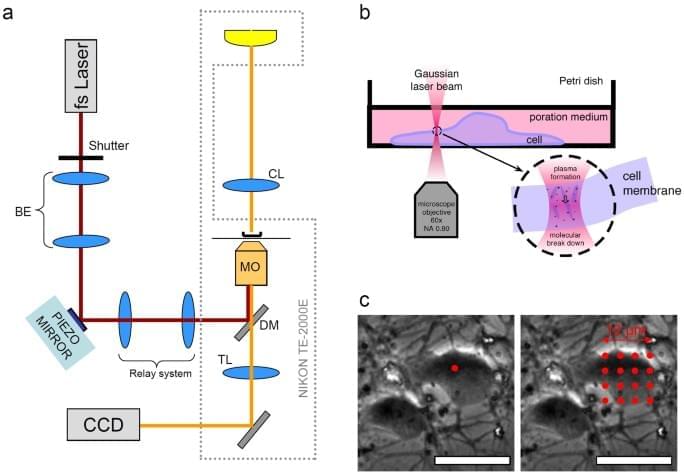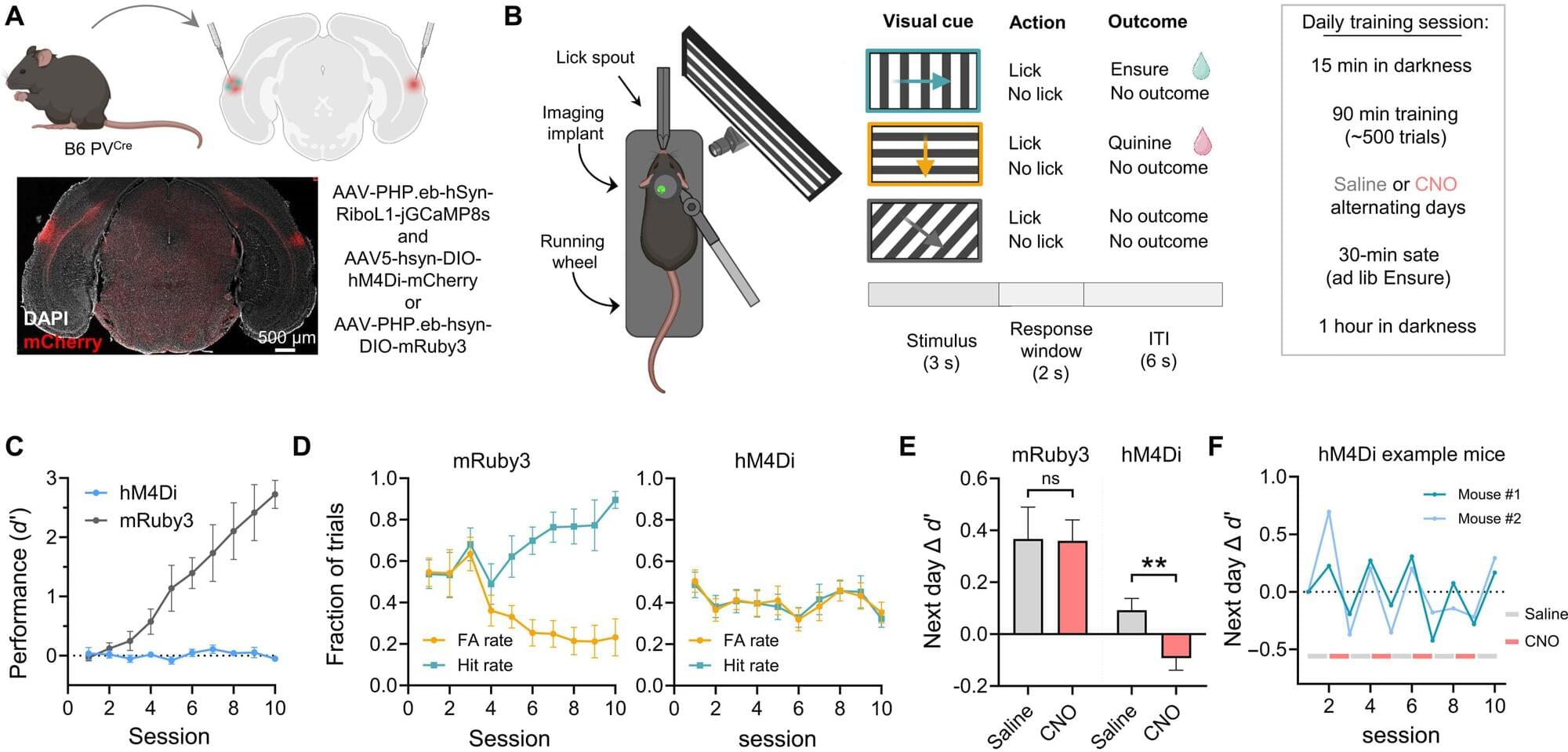Tiny magnetic bots that are activated by light can clear bacterial infections deep in the sinus cavities, then be expelled by blowing out the nose.
A new study published in Science Robotics unveiled copper single–atom–doped bismuth oxoiodide microbots, each smaller than a grain of salt, that can be tracked and guided to the location of infection via X-ray imaging, thus providing a precise, minimally invasive therapeutic strategy for managing sinusitis clinically.
Sinusitis is a common respiratory condition often linked to biofilm produced by bacteria like Streptococcus pyogenes. This condition causes inflammation of the sinus lining and leads to symptoms such as nasal congestion, reduced sense of smell, facial pain, and, in some dire cases, even memory impairment.

